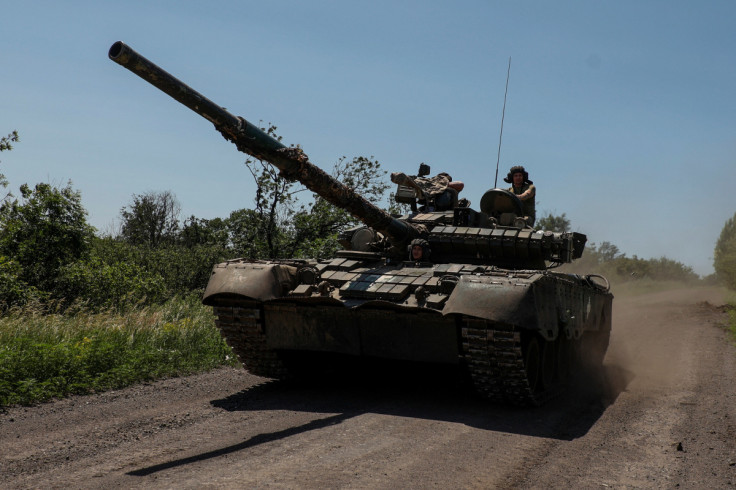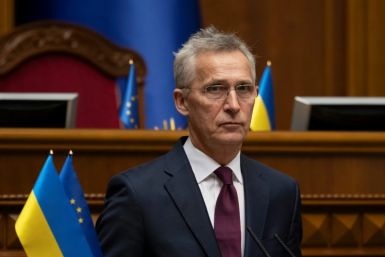Ukraine To Come Up With New Debt Relief Plan Early Next Year

Ukraine is likely to decide early next year whether to try and extend the current freeze on its international bond repayments or begin looking at potentially more complex alternatives, its top debt management chief said.
Kyiv's bondholders agreed last August to suspend Ukraine's repayments for two years, but attention is already turning to what to do next as the war with Russia continues to rage.
"The uncertainty is still there," Yuriy Butsa, government commissioner for public debt management, told Reuters, referring to the war's impact on Ukraine's finances. "But we don't want to get to this time next year and have no proposal."
He was speaking at the start of a two-day conference in London, where Western donors pledged billions of dollars more help for Ukraine's recovery.
Ukraine has roughly $20 billion worth of international market bonds. Most governments have suspended its bilateral repayments to them too, but the cost of the war and hit to its economy means a restructuring of its borrowings will be needed.
Extending the current bond payment freeze would be the obvious option if the war doesn't let up. But it hasn't stopped Butsa considering some of the more creative ways other countries have cut debt.
One example he looked at was Chile in the mid-1980s when it converted a large chunk of its debt into 'equity' by getting investors to swap their bonds for stakes in Chilean firms or ventures instead.
Ecuador's record $1.6 billion Galapagos Islands debt-for-nature swap last month also caught his attention, although in Ukraine's case it might be post-war reconstruction or renewable energy that provides the carrot rather than conservation.
"Last year our (repayment freeze) deal was very much a reflection of what the market expectation was, so we want to continue that approach," Butsa said.
DONOR CASH
A four-year, $15.6 bln International Monetary Fund support programme agreed in March has given Ukraine an important anchor.
Tens of billions of dollars worth of donor money means it has secured the money it needs this year, but Butsa and other officials are now starting to talk to key players about what is likely to be needed next year.
It is not yet known how much will be required for weapons and supporting troops, but he thinks an increase in social spending may be needed after it was cut last year, and with inflation surging.
Meanwhile, one task is to try and reduce borrowing costs in local lending markets.
A decision also looms on whether to lift Kyiv's ban on international investors repatriating money they get when Ukraine's local currency bonds 'mature', or pay out - a measure aimed at keeping as much money as possible in the country.
"Our central bank is talking to the IMF about this," Butsa said. "And they will come up with a roadmap by the end of this month" on when to lift the ban.
Butsa said it was hard to put an accurate figure on the likely post-war rebuild cost. Many institutions estimate it could end up being around 1 trillion euros and Kyiv wants to use Russian reserves frozen by the West after the invasion to fund at least some of that.
© Copyright Thomson Reuters 2024. All rights reserved.











